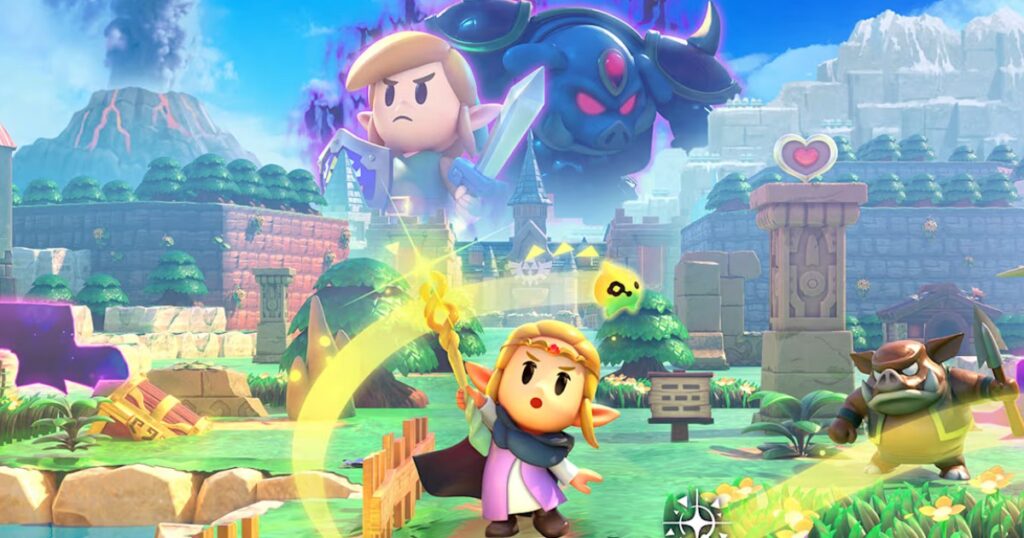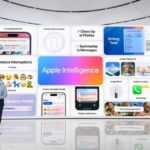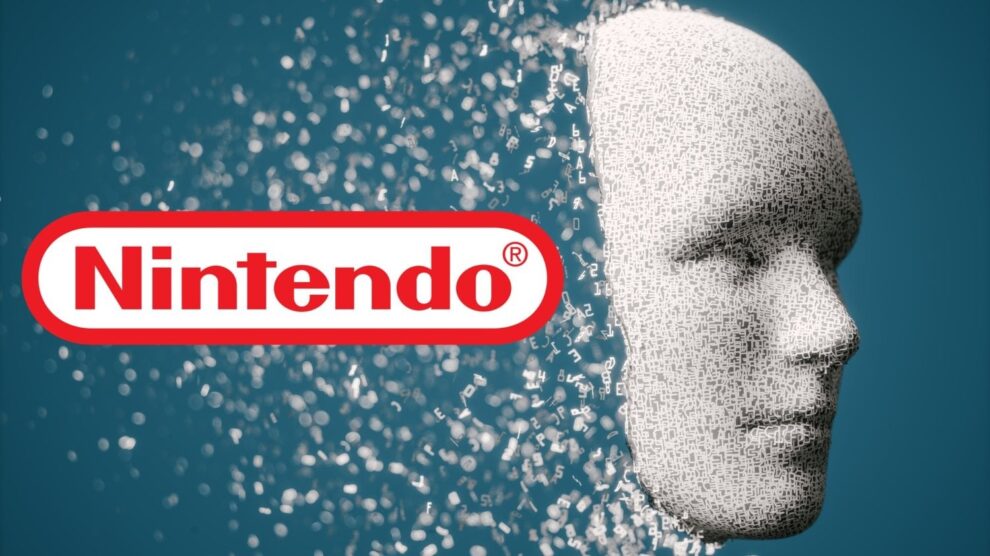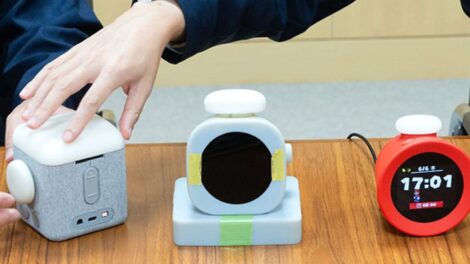In an era where artificial intelligence is reshaping various industries, Nintendo has taken a bold stance by deciding not to incorporate generative AI (GenAI) into their game development process. This decision, revealed by Nintendo President Shuntaro Furukawa in response to investor inquiries, underscores the company’s commitment to its traditional game-making philosophy and raises important questions about the role of AI in creative industries.

Nintendo’s Clear Position on Generative AI
During a recent investor meeting, Nintendo’s President Shuntaro Furukawa addressed the growing interest in generative AI’s potential applications in the gaming industry. His response was unequivocal: Nintendo currently has no plans to integrate GenAI into their first-party game development process. This stance sets Nintendo apart in an industry increasingly exploring AI-driven solutions.
Furukawa’s statement comes at a time when many tech and gaming companies are eagerly embracing AI technologies to streamline development processes, generate content, and enhance user experiences. Nintendo’s decision to buck this trend highlights the company’s unique approach to game creation and its confidence in traditional development methods.
The Rationale Behind Nintendo’s Decision
Nintendo’s refusal to adopt generative AI in their game development is rooted in two primary concerns:
1. Copyright and Intellectual Property Issues
One of the main reasons cited for Nintendo’s cautious approach to GenAI is the potential for copyright infringement. Generative AI systems are trained on vast amounts of existing data, which can include copyrighted material. This raises complex legal and ethical questions about the ownership and originality of AI-generated content.
- Risk of Unintentional Plagiarism: GenAI might inadvertently reproduce or closely mimic existing copyrighted elements, potentially exposing Nintendo to legal risks.
- Protecting Nintendo’s Intellectual Property: As a company with a rich history of beloved characters and franchises, Nintendo likely wants to maintain full control over how its IP is used and represented.
- Maintaining Authenticity: There may be concerns that AI-generated content could dilute the authenticity and unique charm of Nintendo’s iconic characters and worlds.
2. Commitment to Crafted Experiences
Perhaps even more significant than the legal concerns is Nintendo’s steadfast commitment to creating handcrafted gaming experiences. Furukawa emphasized that Nintendo values its development expertise and sees it as a crucial part of the company’s identity and success.
- Preserving the Human Touch: Nintendo games are known for their attention to detail and the sense of joy and wonder they evoke. The company likely believes that this essence cannot be replicated by AI.
- Leveraging Developer Creativity: Nintendo’s approach relies heavily on the creativity and intuition of its human developers, aspects that may be difficult to replicate with current AI technologies.
- Maintaining Quality Control: By avoiding GenAI, Nintendo can ensure that every element of their games meets their high standards for quality and cohesiveness.
Implications for the Gaming Industry
Nintendo’s decision to forgo generative AI in their game development process has several implications for the broader gaming industry:
Setting a Precedent
As one of the most influential companies in the gaming world, Nintendo’s stance on GenAI could influence other developers and publishers. It may encourage some to reconsider the rush towards AI integration and focus more on traditional development methods.
Differentiation in the Market
By explicitly avoiding GenAI, Nintendo is positioning itself as a purveyor of purely human-created content. This could become a unique selling point in a market where AI-generated elements become more common.
Sparking Industry Debate
Nintendo’s decision is likely to fuel ongoing discussions about the role of AI in creative industries, the value of human creativity, and the potential limitations of machine-generated content in gaming.
Potential for Future Reconsideration
While Nintendo has taken a firm stance against GenAI for now, the rapid advancement of AI technologies may lead to a reevaluation of this position in the future, especially if competitors gain significant advantages through AI use.
Challenges and Opportunities
Nintendo’s decision presents both challenges and opportunities for the company:
Challenges
- Development Efficiency: Without the assistance of GenAI, Nintendo may face challenges in terms of development speed and resource allocation compared to competitors using AI tools.
- Keeping Pace with Innovation: As AI technologies advance, Nintendo will need to ensure its traditional methods can continue to produce games that meet evolving player expectations.
- Talent Retention: In an industry increasingly focused on AI skills, Nintendo may need to work harder to attract and retain top development talent interested in traditional game-making approaches.
Opportunities
- Brand Reinforcement: By sticking to its principles, Nintendo can strengthen its brand image as a creator of unique, handcrafted gaming experiences.
- Appeal to Traditionalists: This stance may resonate strongly with players who value the human touch in game development and are skeptical of AI-generated content.
- Fostering Human Creativity: By continuing to rely on human developers, Nintendo may drive innovations in game design that AI systems might not conceive.
The Future of Game Development
As the gaming industry continues to evolve, Nintendo’s decision raises important questions about the future of game development:
- Will the industry bifurcate into AI-assisted and traditionally developed games?
- How will player preferences shape the adoption of AI in game development?
- Can traditional development methods keep pace with the efficiency gains promised by AI?
- Will Nintendo’s stance evolve as GenAI technologies improve and address current limitations?
These questions will likely shape industry discussions and development practices in the coming years.
Conclusion: A Bold Stand in a Changing Landscape
Nintendo’s decision not to use generative AI in its game development process represents a bold stand in an industry increasingly enamored with AI technologies. By prioritizing handcrafted experiences and navigating the complex landscape of AI and copyright, Nintendo is reaffirming its commitment to its unique development philosophy.
This stance not only sets Nintendo apart from its competitors but also sparks important conversations about the role of human creativity in game development, the potential limitations of AI-generated content, and the value of traditionally crafted gaming experiences.
As the gaming industry continues to evolve, Nintendo’s approach will be closely watched. Whether it proves to be a prescient protection of creative integrity or a limiting factor in an AI-driven future remains to be seen. What’s clear is that Nintendo’s decision ensures that, for now, the magic behind its beloved games remains distinctly human.










Add Comment